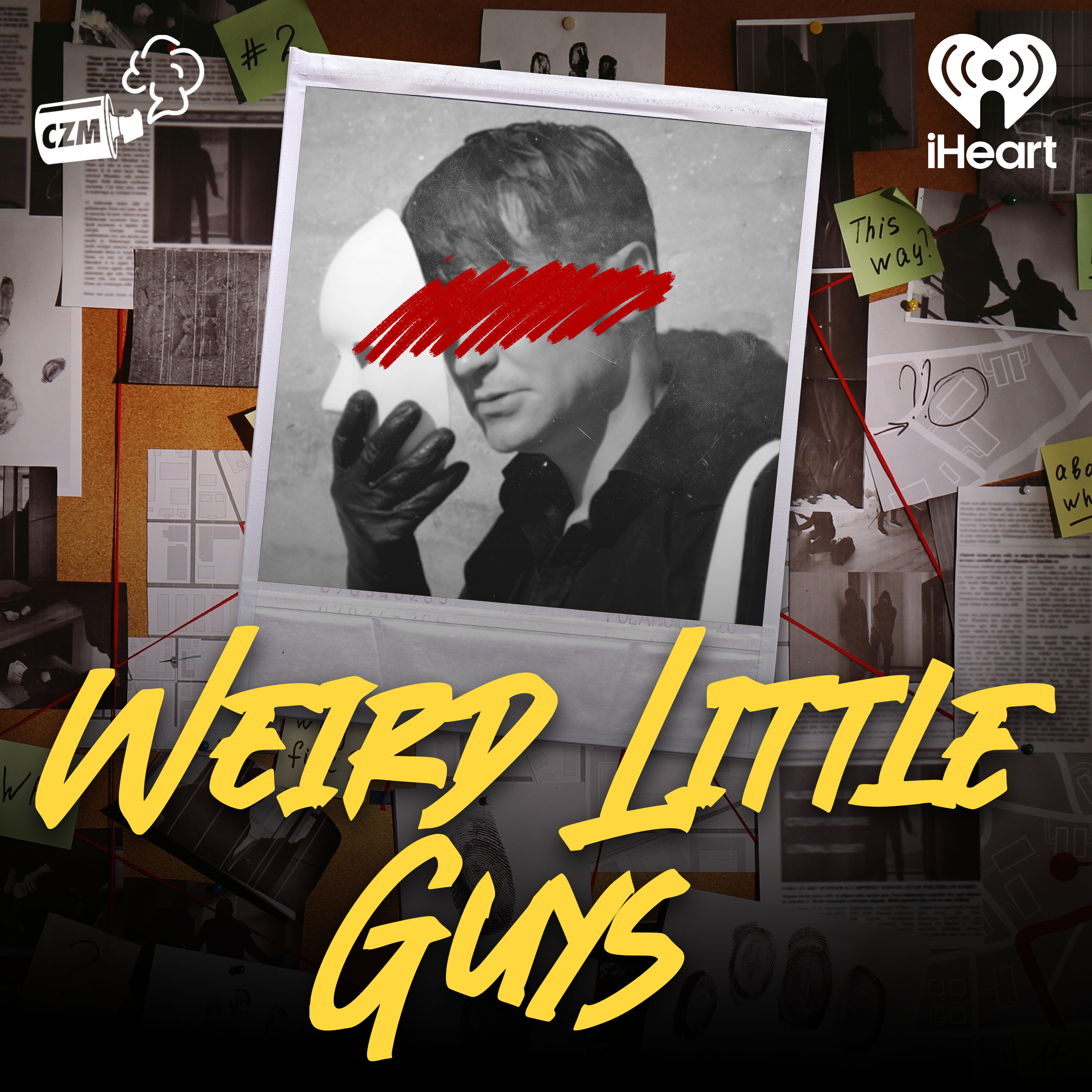George Lincoln Rockwell's Coffin Flop
When the commander of the American Nazi Party died, he left instructions with his successor. He wanted the military funeral he was entitled to as an American veteran. It didn't go well.
Sources:
https://snccdigital.org/events/protests-danville-virginia/
https://www.thejc.com/life/lawyer-who-helped-a-loving-couple-nn57y8ct
https://www.newsobserver.com/news/nation-world/national/article120224913.html
https://www.abajournal.com/magazine/article/philip_hirschkop_peta_social_justice
https://www.washingtonpost.com/news/retropolis/wp/2017/08/21/the-shadow-of-an-assassinated-american-nazi-commander-hangs-over-charlottesville/
Schmaltz, William H. (2013). For Race And Nation: George Lincoln Rockwell and the American Nazi Party. River's Bend Press
Simonelli, Frederick J. (1999). American Fuehrer: George Lincoln Rockwell and the American Nazi Party. Urbana: University of Illinois Press.
See omnystudio.com/listener for privacy information.
Press play and read along
Transcript
Transcript is processing—check back soon.
